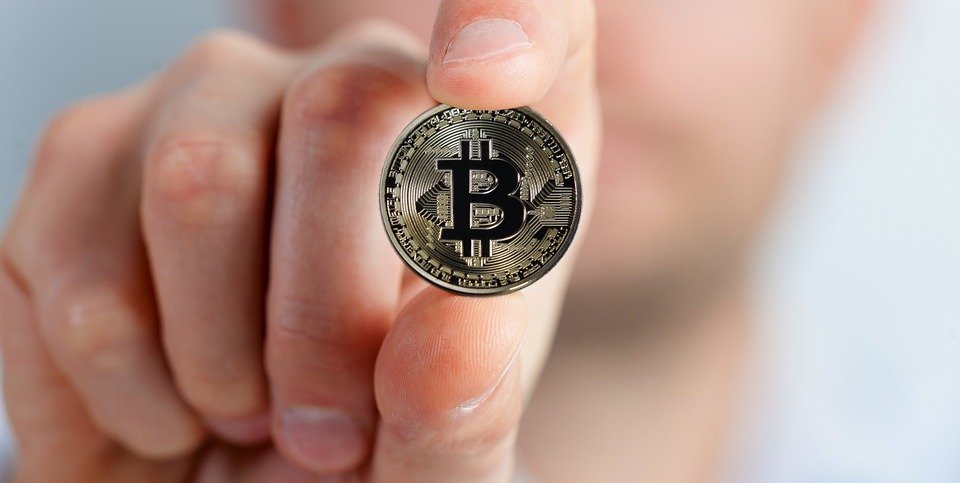Decentralization is a concept that is gaining increasing attention in various industries and sectors around the world. In essence, decentralization refers to the distribution of power and decision-making authority away from a central authority or single entity and towards a more dispersed network of individuals or groups. This shift away from traditional hierarchical structures is increasingly seen as a way to foster innovation, promote transparency and accountability, and empower individuals and communities.
In recent years, decentralization has made significant inroads into industries such as finance, technology, governance, and even healthcare. The rise of cryptocurrencies, blockchain technology, and peer-to-peer platforms are all examples of how decentralization is disrupting traditional power structures and revolutionizing the way we interact with each other and the world around us.
One of the most high-profile examples of decentralization is the rise of cryptocurrencies such as Bitcoin and Ethereum. These digital currencies operate on a decentralized network of computers, with no central authority controlling their issuance or transfer. This decentralized nature makes them immune to government manipulation or interference, and allows for greater privacy and security in transactions. The blockchain technology that underpins these cryptocurrencies also has the potential to revolutionize industries beyond just finance, such as supply chain management, voting systems, and even healthcare record-keeping.
In the technology sector, decentralization is also creating new opportunities and challenges. Peer-to-peer platforms such as Uber and Airbnb have disrupted traditional industries by allowing individuals to directly connect and transact with each other, without the need for a centralized intermediary. This has led to greater efficiency, lower costs, and increased autonomy for both service providers and consumers. However, these platforms have also raised concerns about issues such as worker rights, safety regulations, and data privacy.
In governance, decentralization is being used to create more responsive and inclusive decision-making processes. Decentralized autonomous organizations (DAOs) use blockchain technology to enable collective decision-making and resource allocation without the need for a traditional hierarchical structure. This has the potential to democratize governance and empower marginalized communities to have a greater say in the decisions that affect their lives.
Overall, decentralization is a powerful force for disrupting traditional power structures and promoting a more equitable and sustainable future. By distributing power and authority more evenly among individuals and communities, decentralization can help to address issues such as inequality, corruption, and lack of accountability. As we continue to explore the possibilities of decentralization in various industries and sectors, it is important to consider the challenges and risks involved, and work towards creating a more inclusive and just society for all.




